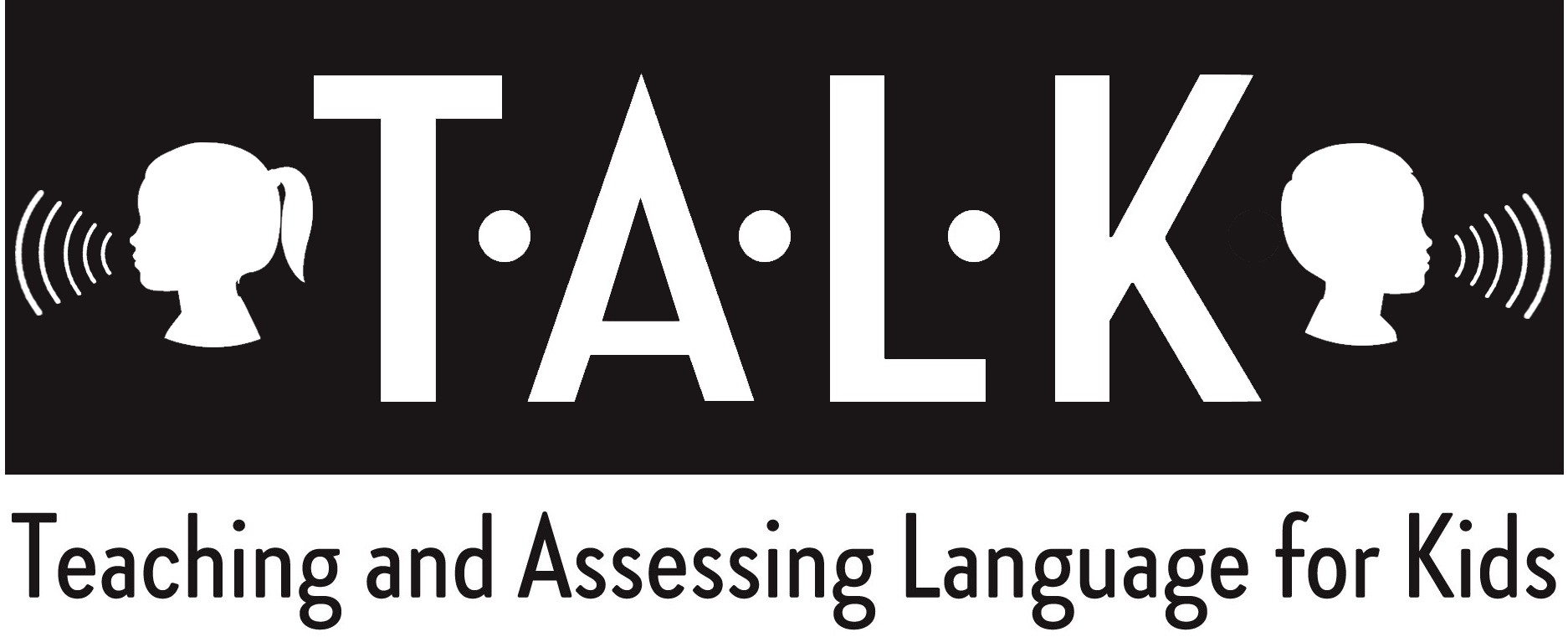The Importance of Data Tracking
At TALK, we make each client’s treatment plan individualized to fit their communication needs. Throughout our diagnostic therapy process, our team works collaboratively to identify all areas of need. Once we have developed an individualized treatment plan, our staff works diligently to collect accurate data, adjust goals, and provide a variety of cues to promote success.
Our therapists have been trained to identify when a child is having difficulty with a goal and provide an appropriate type and level of cueing. Some of the cues that we use throughout our therapy sessions include visual cues, verbal cues, phonemic cues, tactile cues, and gestural cues (among many others!). These different types and levels of support are reflected in our data and are included in our reports. Throughout each child’s treatment plan, their lead therapist regularly inputs the most recent data into graphs so that the therapists, parents, and other professionals can easily identify progress being made. By including these levels of support in both our data and our reports, we have found that it paints a picture for parents and other professionals regarding the client’s success, level of breakdown, and/or support needed to succeed. For clients who require various levels of support, we will include data points that reflect their accuracy independently, as well as their accuracy when provided with support. With having these graphs and precise data, it also helps our therapists make important clinical decisions. If the data reflects that the client is plateauing or regressing, the therapist can quickly identify and interpret the information, and adjust the implementation of the goals accordingly.
Most clients at TALK are seen by at least two of our therapists. This promotes generalization and increases the quality of services that we provide by using a team based approach to treatment. Although we encourage different treatment styles across therapists, we spend a significant amount of time training each staff member on how to take data in a streamlined manner. Each data sheet can be easily understood, followed, and modified by any member of the TALK team and results are properly conveyed to the caregivers and families of our clients each session. The full graphs are presented to families every four months at progress meetings.
We want our clients to be successful; therefore, we put forth great effort to make ourselves accountable for accurate data collection and analysis in order to best assist our clients in achieving their goals.
